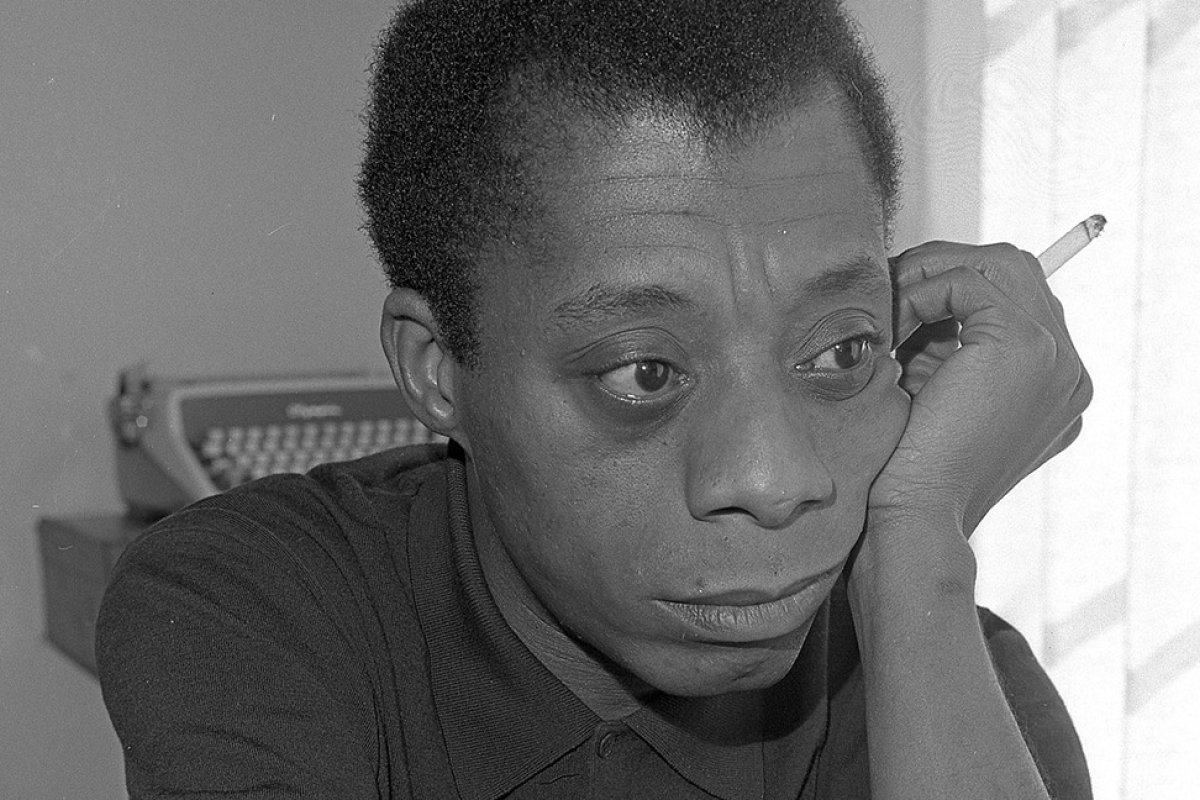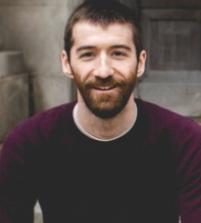
James Baldwin and the Cost of Community
Denying that there is persistent brokenness in the world, we have concluded that everything wrong comes from structures that rest on ideologies we oppose.
I recently attended a presentation on trauma as a category for thinking about ethics. The speaker is both an ethicist and a mental health professional, and the talk began with what she learned about trauma in this latter role. I was fascinated. It was moving to hear about her clinical experiences, especially in the context of a heady academic conference.
However, as her talk transitioned from a discussion of trauma as she had seen it in her practice to “trauma” as a hermeneutic category for ethical thinking, the term was slowly drained of its power. The language shifted from talk of tragedies and patients to oppressors and victims. Trauma as a fact of life was replaced by trauma as a product of unjust power relations about which we might do something. The focus moved from people in need of healing to structures in need of dismantling.
I was disappointed. I was sitting next to a dear friend who was only beginning to pick up the pieces after experiencing the most profound trauma imaginable, one that had nothing to do with power or oppression. As we left, I asked my friend what she thought. She said, simply and without bitterness, that the talk “had no account of the fact that, deep down, the world is f---ed up.”
My friend’s words gave powerful voice to a worry I’ve had for a long time about the field of ethics, but also about the academy as a whole. It seems we have lost our sense of tragedy, of fallenness, of any abiding misalignment, alienation, and conflict at the heart of humanity. Abandoning that sense of brokenness has real advantages, of course: if we believe the world is not broken deep down, then there are no final limits to what we can achieve, no reason we can’t accomplish a just and peaceful society. But these advantages are bought at a price.
James Baldwin diagnosed America’s race problems as coming, not from hatred or ignorance, but from white Americans’ inability to admit that life is tragic. He writes, “Perhaps the whole root of our trouble, the human trouble, is that we will sacrifice all the beauty of our lives, will imprison ourselves in totems, taboos, crosses, blood sacrifices, steeples, mosques, races, armies, flags, nations, in order to deny the fact of death, which is the only fact we have. It seems to me that one ought to rejoice in the fact of death—ought to decide, indeed, to earn one’s death by confronting with passion the conundrum of life… But white Americans do not believe in death, and this is why the darkness of my skin so intimidates them.”
For Baldwin, white people’s inability to accept death creates an inability to embrace life. We distrust the fragile vessel that is threatened by death, and so we become alienated from bodily experience, from music, food, sex, and art. Alienation from these building blocks of culture means white culture becomes empty, a space demarcated only by what is excluded (in this case, Blackness). We do not know what we are and we do not trust our ability to feel our way toward an answer, so we require an other to set the boundaries of our identity.
Baldwin offers a solution: “The only way [the white man] can be released from the Negro's tyrannical power over him is to consent, in effect, to become black himself, to become a part of that suffering and dancing country that he now watches wistfully from the heights of his lonely power.” According to Baldwin, to “become black” includes acknowledging tragedy, embracing the suffering without which there is no dancing. And this we have been unwilling to do. True integration will not be achieved by “elevating” nonwhite America to the lonely heights of whiteness, but by white Americans finding the courage to face death and learn to love.
I think it is fair to diagnose the academy’s rejection of the brokenness of the world along similar lines. Academics, especially those of us who are conscious of our privilege, do not trust ourselves. And, as Baldwin says, “the person who distrusts himself has no touchstone for reality – for this touchstone can be only oneself. Such a person interposes between himself and reality nothing less than a labyrinth of attitudes.” And academics do throw up bulwarks of “attitudes” – anti-racism, anti-patriarchy, anti-capitalism – making us anti-all -that-is-wrong-in-the-world - but we struggle mightily to be for anything.
Denying that there is persistent brokenness in the world, we have concluded that everything wrong comes from structures that rest on ideologies we oppose. In doing this, we divide the world in two on ideological grounds, one oppressive, one liberative. Because we are suspicious of our own privilege and distrust ourselves, our identity and moral self-justification rests entirely on being on the right side of the divide, a position demonstrated by criticism of the other. Since we believe that all violence comes from the ideologies we oppose, we see mere expressions of alternative beliefs as themselves acts of violence.
As long as the academy repeats its liturgies of against-ness in something close to unison, conflict rarely erupts into the open. But, when something comes along that splits campuses, like, for example, this recent violence in the Middle East, then suddenly we see the extent to which we academics do not just oppose bad ideologies, but dehumanize the people who express them. Even expressions of grief for the death of innocents become signs of affinity to one side or the other, and – in a world split in two – affinity for one side just is violence to the other. Everyone knows that, because the world is not broken, deep down, then all conflict is avoidable and someone is to blame when it occurs. We forbid grief unless it is tied to a blanket condemnation of the people or ideologies responsible, because without their evil, there would be no suffering.
This latest crisis has been eye-opening. The soul-searching about academic freedom and norms for campus debate has already begun. I expect that much of it will double down on contentless commitments to anti-intolerance. But, if Baldwin is right, then we cannot fix the problem by lifting everyone to the lonely, empty heights of the conscious academics who know only what we are against. We have to dig down, to look with open eyes at the tragic facts of life. We have to understand that the roots of dehumanization are not ignorance and hatred, but distrust of the self, born of an unwillingness to face tragedy. Perhaps not many of us can ever trust ourselves enough to love, given that trusting the self requires knowing it all the way down and that requires facing the facts of your own vulnerabilities and brokenness. To have an identity that is more than just being against the right things requires admitting that some form of what you are against is also in you. Only then can you see yourself as you are and only then can you love others.
This is a high cost, one I’m not sure we will be willing to pay. Baldwin, however, after all he saw and suffered, was still able to say, “I know that people can be better than they are. We are capable of bearing a great burden, once we discover that the burden is reality and arrive where reality is.” Maybe the first step to making the world a bit better is, after all, accounting for the fact that it is, deep down, f---ed up.
Featured photograph by R. L. Oliver/Los Angeles Times via Wikimedia Commons


